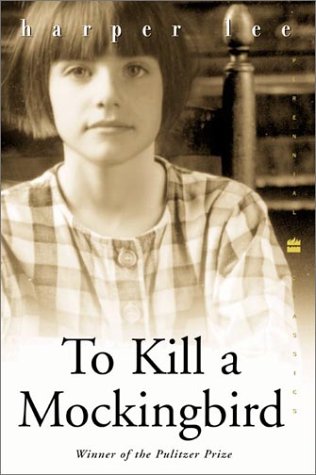Hamilton Spectator
K. Sonu Gaind, Sephora Tang
Last week the Canadian Senate voted to recommend a “sunset clause” on the exclusion of mental illness as a sole eligibility criterion for medical assistance in dying (MAID).
If ratified by the House of Commons, within 18 months people suffering solely from a mental illness will be able to request MAID. Some argue that prohibiting access to MAID for mental illness is unconstitutional and discriminatory. Unfortunately that claim is based on a superficial notion that anything being treated differently reflects undue discrimination. In reality, significant differences exist between illnesses that are mental in nature and those that are physical, such that removal of this prohibition would be more than merely discriminatory, it will be fatal for those who most need protection and care within a protective legal framework. . . [Full text]
